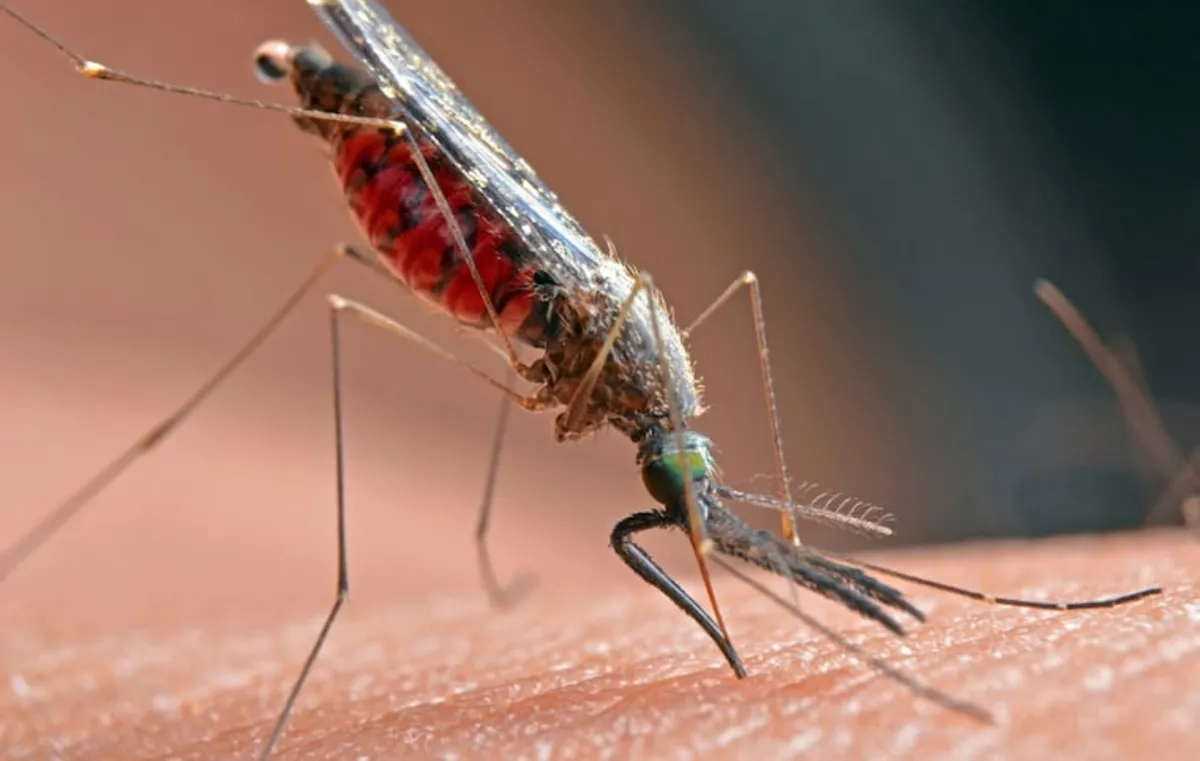
Philadelphia health officials are urging residents to take precautions against the West Nile virus after the disease was detected in mosquitoes near Pennypack Park, located in the Northeast section of the city. The city’s Department of Public Health regularly conducts surveillance for the virus, and recent testing results revealed the first infected mosquitoes of the season in this area. As a result, a health advisory was issued on July 7 to local medical providers, indicating an increased risk for residents contracting West Nile virus.
In light of these findings, health officials have instructed medical providers to be vigilant in screening patients for symptoms associated with the West Nile virus. They should test individuals for the virus when appropriate, particularly from now until the end of October or until the first frost occurs. Patients exhibiting unexplained neurological symptoms, including inflammation of the brain and spinal cord, must be tested for the virus. It is crucial for suspected and confirmed cases to be reported immediately to the city’s health department to facilitate timely responses.
Doctors and nurses are encouraged to discuss preventive measures against mosquito bites with patients, especially those who work or spend significant time outdoors, as well as individuals traveling to subtropical and tropical regions where mosquito-borne illnesses are common. Preventing mosquito bites is essential in minimizing the risk of contracting West Nile virus and other related diseases.
While the majority of individuals bitten by a mosquito carrying the West Nile virus do not develop the illness and many experience no symptoms, it is crucial to be aware of the potential severity of the disease. According to Emily Kehoe, Philadelphia’s vectorborne disease surveillance coordinator, fewer than 1% of those infected will develop severe disease. In rare instances, individuals can become gravely ill, with about one in ten cases proving fatal. The virus can lead to serious conditions such as encephalitis or meningitis, resulting in swelling of the brain and the membranes surrounding the brain and spinal cord.
Older adults and those with weakened immune systems are at a higher risk for severe outcomes from the West Nile virus. Approximately 20% of infected individuals may experience flu-like symptoms, including fever, rash, diarrhea, vomiting, headache, fatigue, joint pain, and body aches. Currently, there is no vaccine or specific treatment for the virus; however, rest, hydration, and pain management can alleviate symptoms, and most individuals fully recover.
From 2020 to 2024, Philadelphia saw between four to nine cases of West Nile virus each year that resulted in neurological complications, with at least one fatality reported annually. As of the latest update, there have been no confirmed cases of the West Nile virus among Philadelphia residents this year, according to Kehoe.
In addition to West Nile virus, residents should be mindful of other viruses transmitted by mosquitoes or ticks, collectively known as “arboviral infections.” These include the Powassan virus and Jamestown Canyon virus. The health department first identified Powassan in black-legged ticks in Philadelphia in the fall of 2019, while mosquitoes infected with the Jamestown Canyon virus were detected in Pennsylvania starting in 2023. However, arboviral infections remain rare in the Philadelphia region.
Every year, mosquitoes infected with the West Nile virus are found in various parks throughout the city. Pennypack Park, which spans approximately 1,600 acres of woodlands, meadows, and wetlands in Northeast Philadelphia's Holme Circle neighborhood, has been a particular area of concern. As the health department continues to test additional mosquito samples collected from other parts of the city, more positive results for West Nile virus are anticipated in the coming weeks, according to Kehoe. Residents are advised to take proactive steps to protect themselves from mosquito and tick-borne diseases.